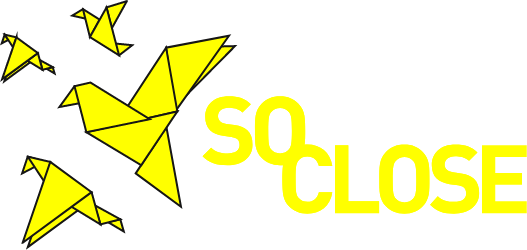The SO-CLOSE project carried out tests within all the relevant national, EU and international ethics-related rules and professional codes of conduct. The partners had considerable experience in ethical issues deriving from the research using eye-tracking, focus groups, on elderly people and people with disabilities. The coordinating institution, Universitat Autònoma de Barcelona (UAB), has an Ethical Commission on Human and Animal Research to supervise the experimentation on human and animal beings in compliance with the European directives 86/609/CEE, 91/628/CEE and 92/65/CEE, and seeked its advice any time the consortium considered it appropriate.
Concerning test design, SO-CLOSE partners were able to capitalise on the experience gained under the previous projects, where some users proved uncomfortable when taking part in specific tests aimed to demonstrate their reading comprehension. Each experiment performed by UAB was subject to prior authorisation by the UAB Ethical Commission and the consortium will maintain this approach lead by UAB within WP6 and WP7. In case of ULUND, VDA, MONTE, MUME, CERTH, ENG, TEMP and GFR the following ethical guidelines were derived from their work in previous projects. They were applied in all SO-CLOSE tests and validations performed by ULUND, VDA, MONTE, MUME, CERTH, ENG, TEMP and GFR and brought into the project for all tests by UAB:
- The research was planned, implemented and evaluated in a free and independent way.
- The first condition was a respectful contact on an equal footing with all users. Especially people who are less competence must have had increased attention by the test leaders.
- The tester had to be informed honestly and exporting and only then given their consent. The communication must have been adapted to the needs of users. Questionnaires and organizational communication were coordinated with disability organizations
- The tests were anonymous and privacy must have been ensured.
- The ethical risks were assessed with disability organizations in advance. Here is the dignity of the users the most important aspect. The completely test procedure was planned in close consultation with disability organizations
- The tests must have been of as much as possible while limiting the possible expense for the testers.
- It was emphasized, that not the user will be tested but the application, what means the users are the experts. A pleasant atmosphere for the user needs to be created, so that the test results as free and objective as possible. To put the users under pressure regardless of the type (time, understanding, sympathy) would distort the test results.
SO-CLOSE describes the procedure and the arrangements for protecting the confidentiality of personal data of the individuals concerned. If the beneficiaries wish to retain the data for further research, they will have to ensure that the consent form mentions it and that the measures taken to encode or anonymise banked data are explained. In case only anonymised data will be retained, researchers will ensure adequate security for storage and handling of such data. SO-CLOSE will generate personal data under the General Data Protection Regulation (EU) 2016/679 (GDPR) as of data from workshops within WP1, WP2 and WP4. All consortium members participating in this task will identify a Data Protection Officer implementing a common Data Protection Plan that complies with European Regulation 2016/679.






